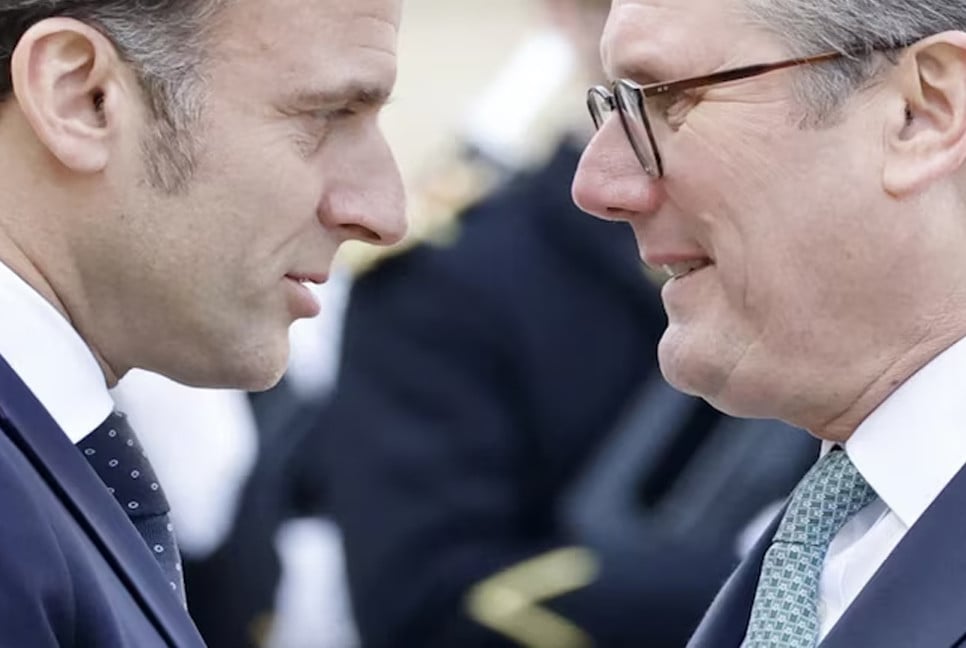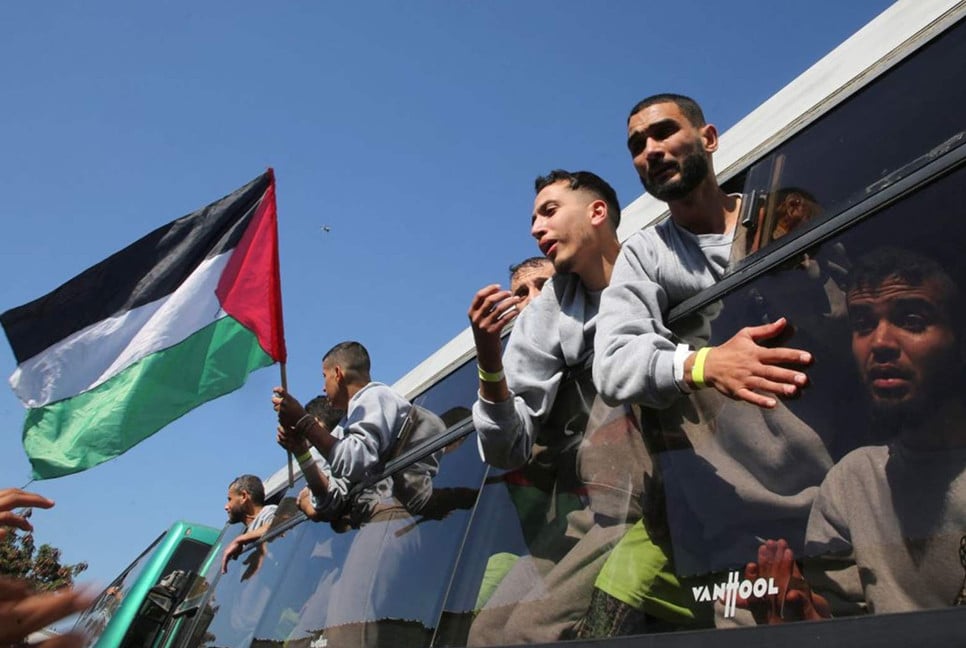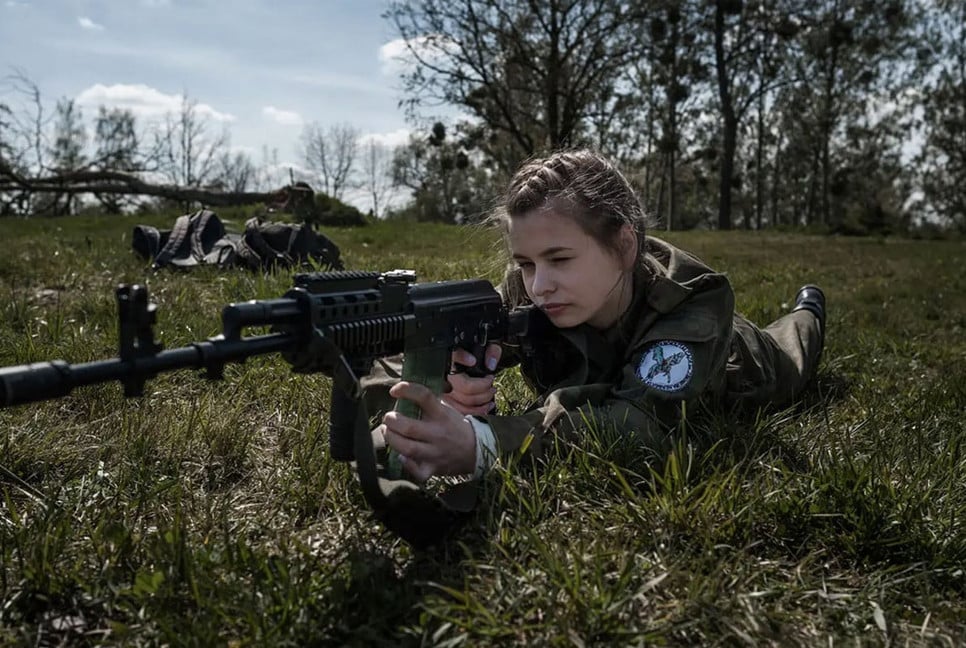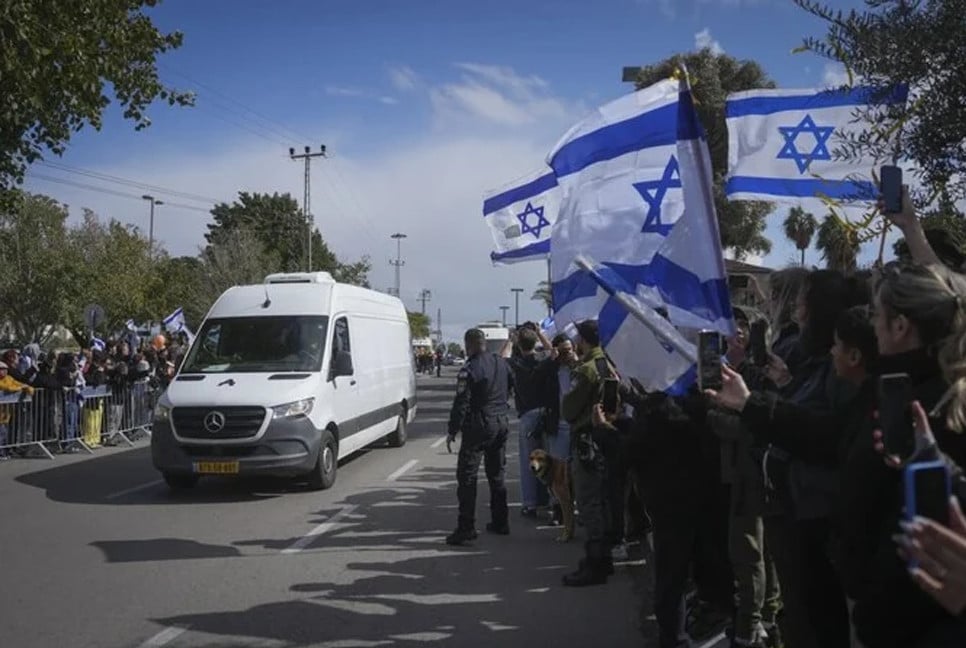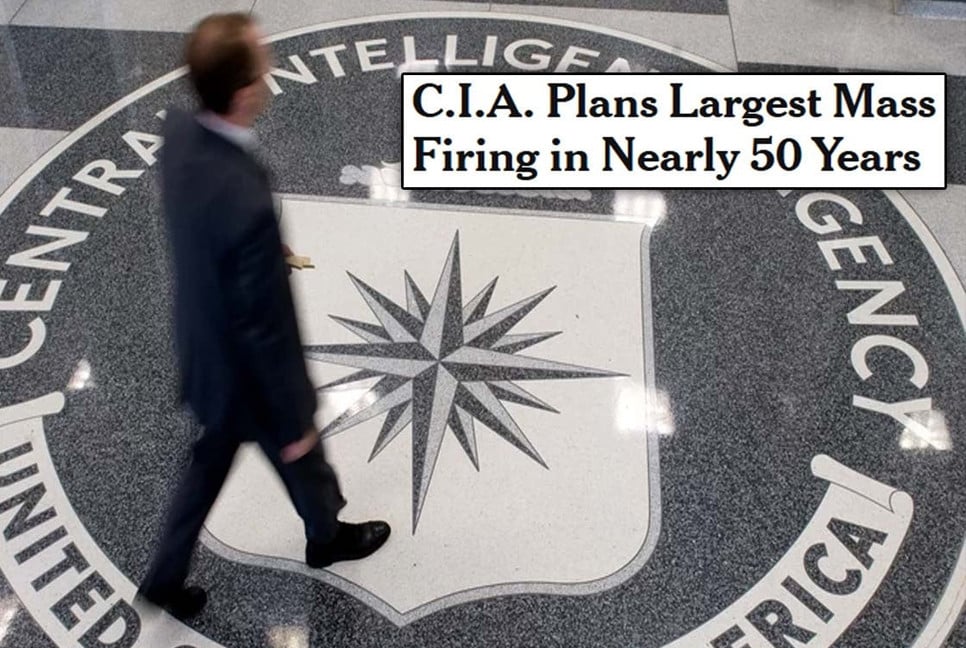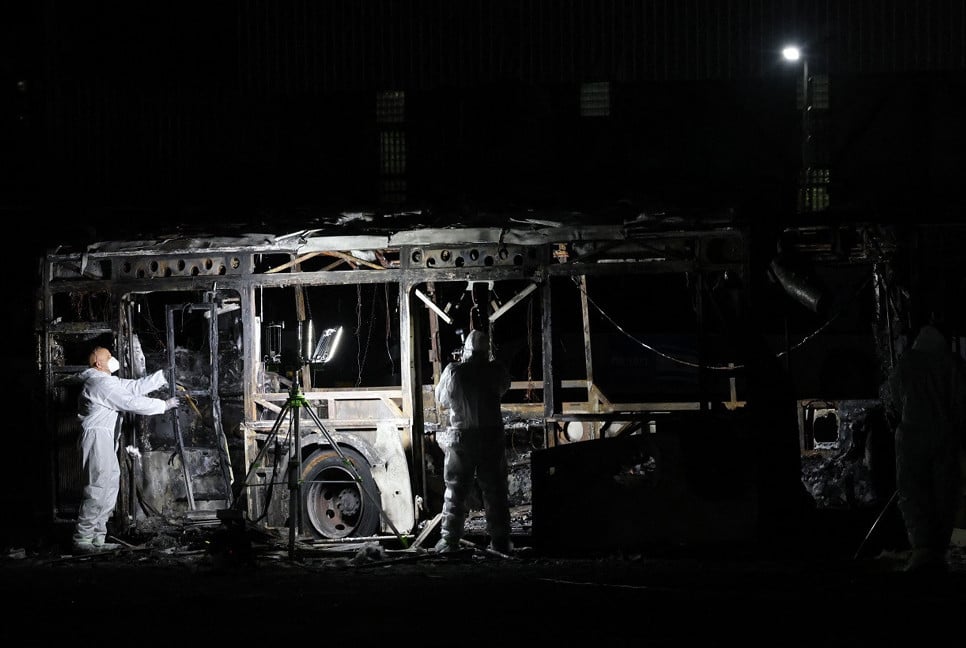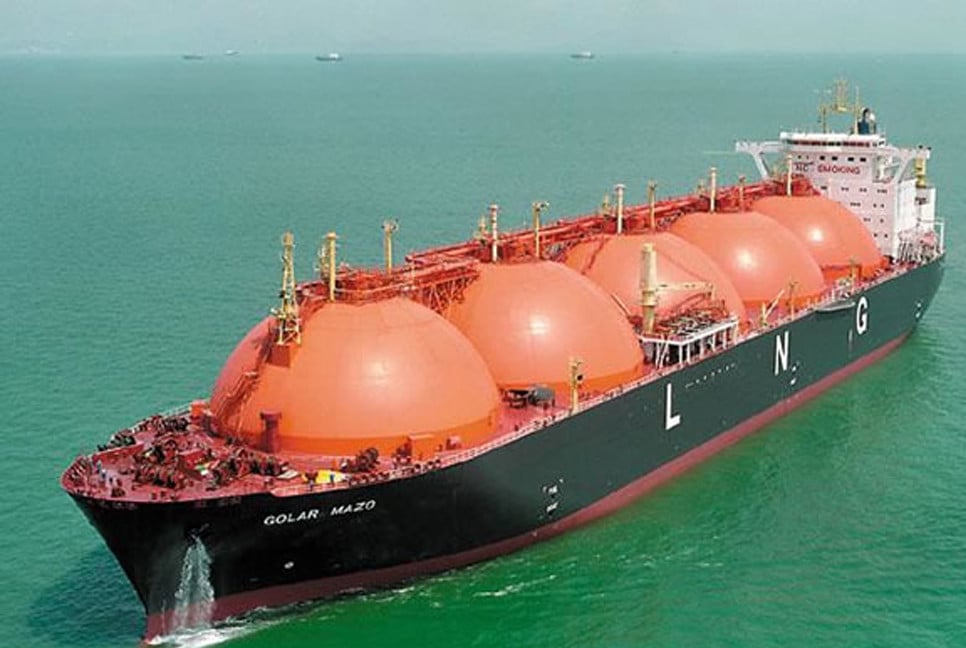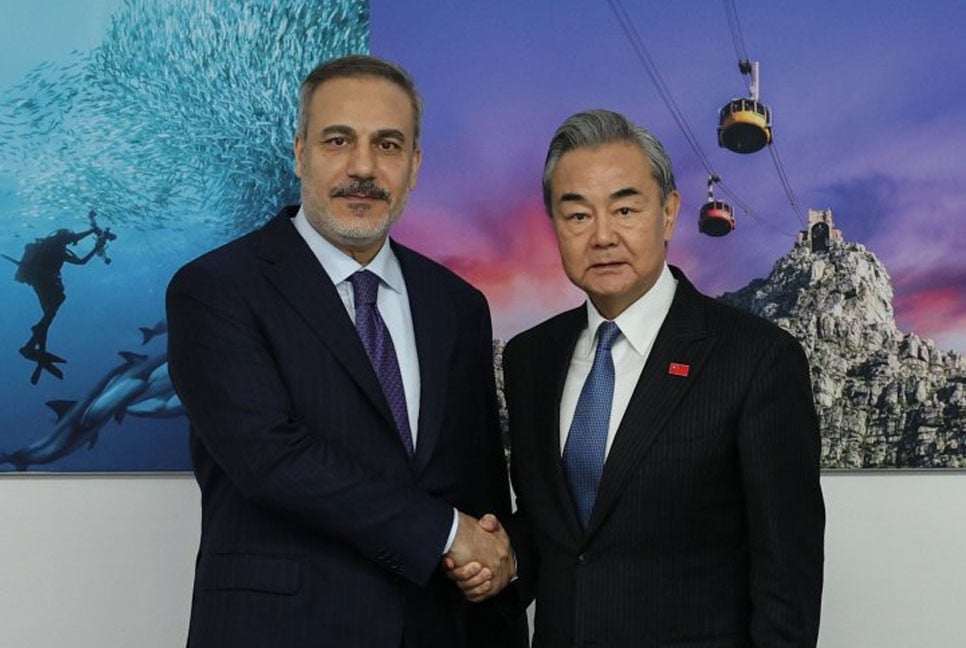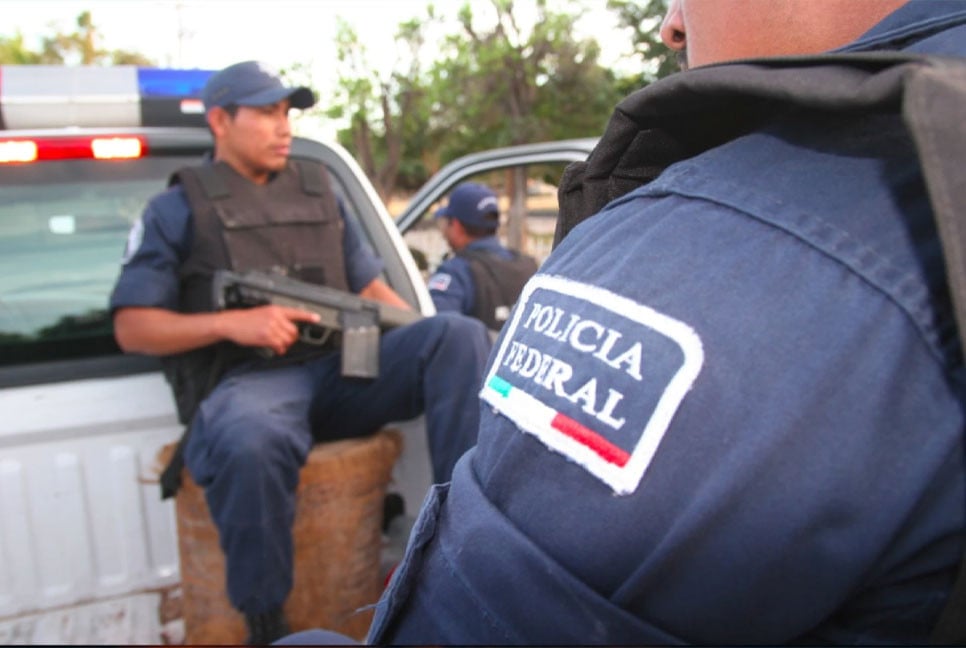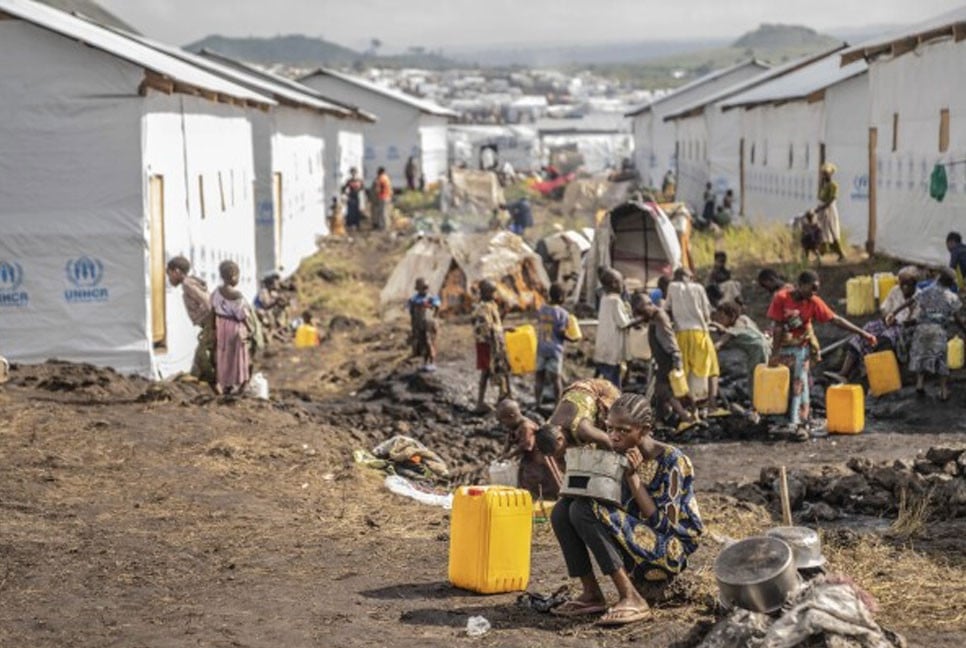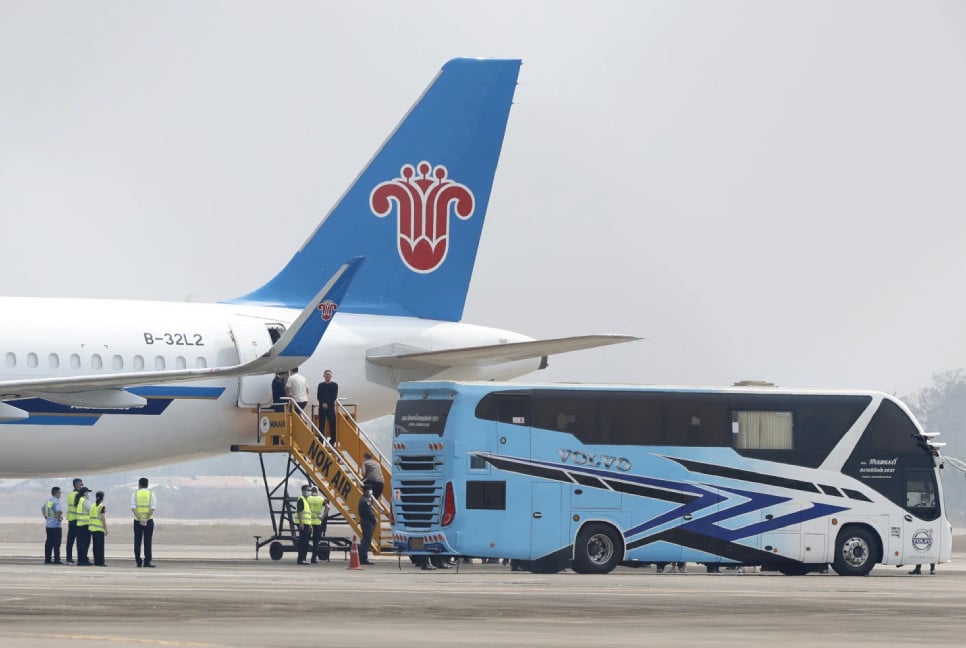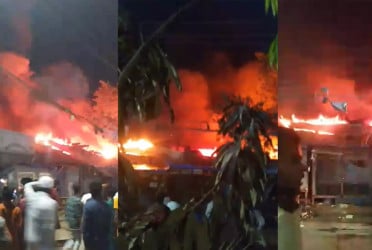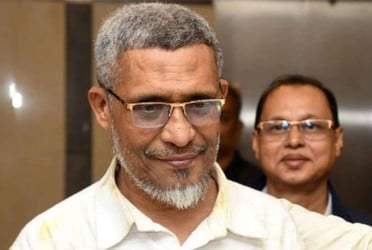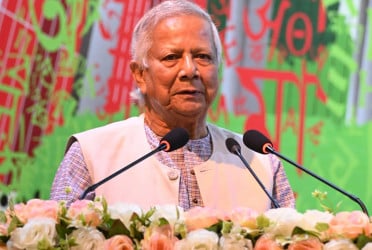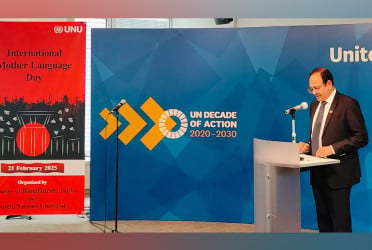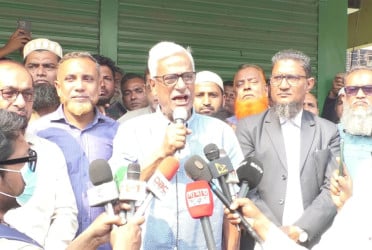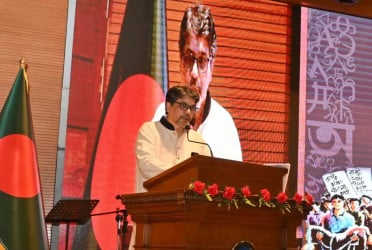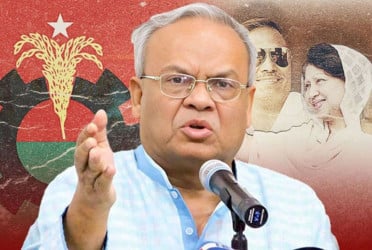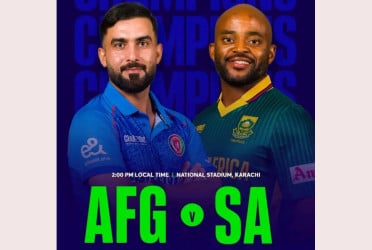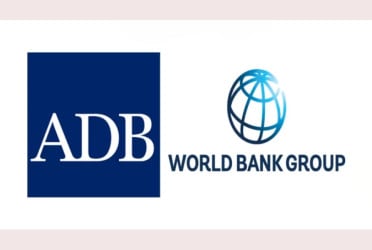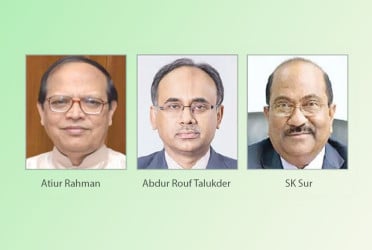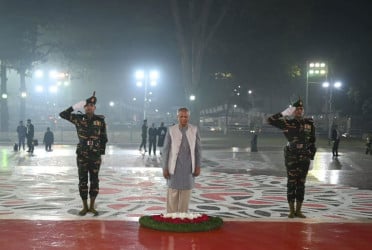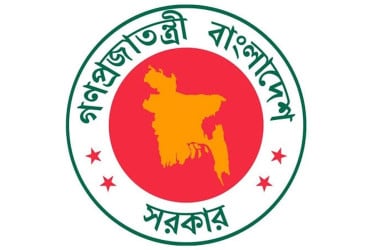Sceptic about the US rush to strike a peace deal with Russia, European leaders met for an informal summit on Monday, where they reiterated their continuing support for Ukraine and vowed to continue their joint support for Kyiv in the face of Moscow's invasion.
However, they failed to provide any new security guarantees that could make a difference amid US President Donald Trump's push to launch negotiations with Russia, reports NDTV.
Trump's approach to ending the war in Ukraine has left its European allies and officials in Kyiv worried they are being largely sidelined by the new US administration as Washington and Moscow plan direct negotiations. Their fears were heightened by a rare meeting expected on Tuesday in Saudi Arabia between the top diplomats from Russia and the United States.
The US president is sending Secretary of State Marco Rubio, National Security Adviser Mike Waltz and special envoy Steve Witkoff to Saudi Arabia for talks with Russian counterparts, according to a report by the Associated Press.
It is unclear to what extent Ukrainian or European officials will be represented in discussions expected to take place in Riyadh.
Trump's Ukraine envoy, Keith Kellogg, said on Saturday Europe would not have a seat at the negotiating table. Instead, Washington sent a questionnaire to European capitals to ask what they could contribute to security guarantees for Kyiv, and who was ready to deploy troops.
Europe has majorly relied on a security umbrella provided by the United States since World War II. But with Trump in the White House, who does not prioritise relations either with European partners or their defence, Europe needs to come up with a united front on security spending and Ukraine's future.
Depending on the parameters of the Washington-Moscow talks over Ukraine, and how emboldened Russian President Vladimir Putin feels by them, there is also a European fear this could end up changing their continent's security architecture.
Putin has historically resented the spread of NATO eastwards. Russian neighbours - the tiny, former Soviet Baltic States and also Poland - now feel particularly exposed amid the current scenario.
French newspaper Le Monde said the rupture between Europe and the United States was "historic", but added that Europe had to show its capacity to ensure its own defence.
"European blindness came to an abrupt end in Munich. From now on, the security of the continent depends essentially on the Europeans themselves, and on their ability to maintain their unity," it added.
Bd-pratidin English/Tanvir Raihan

